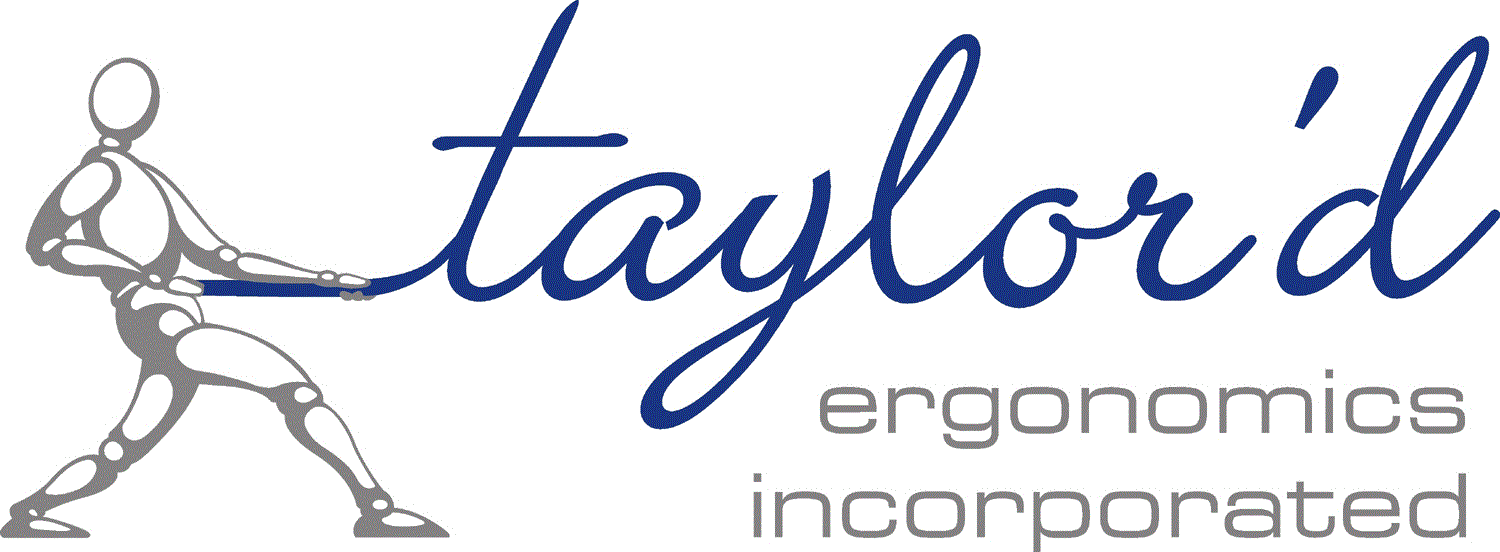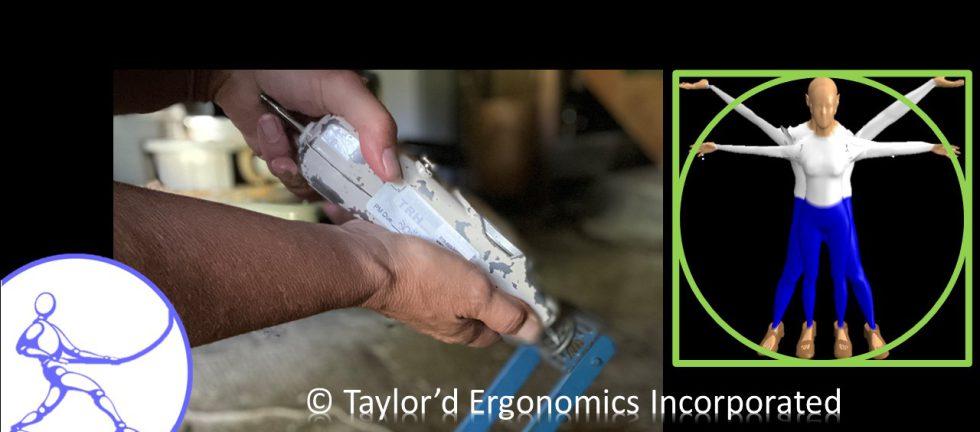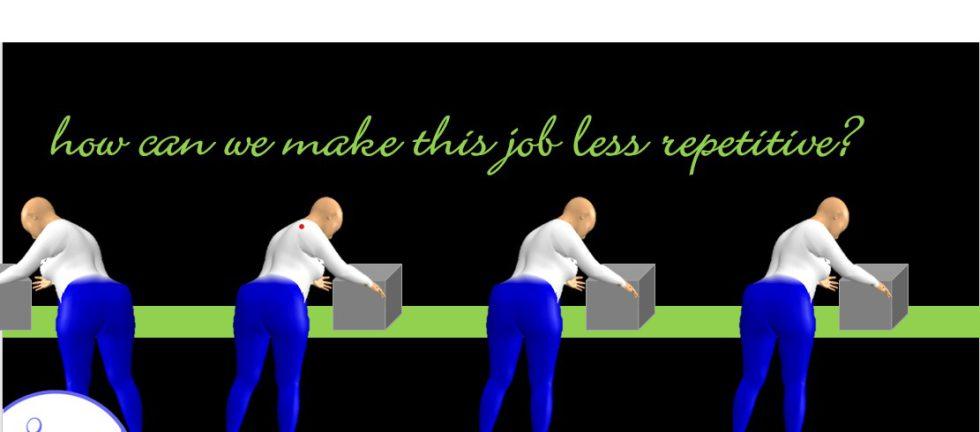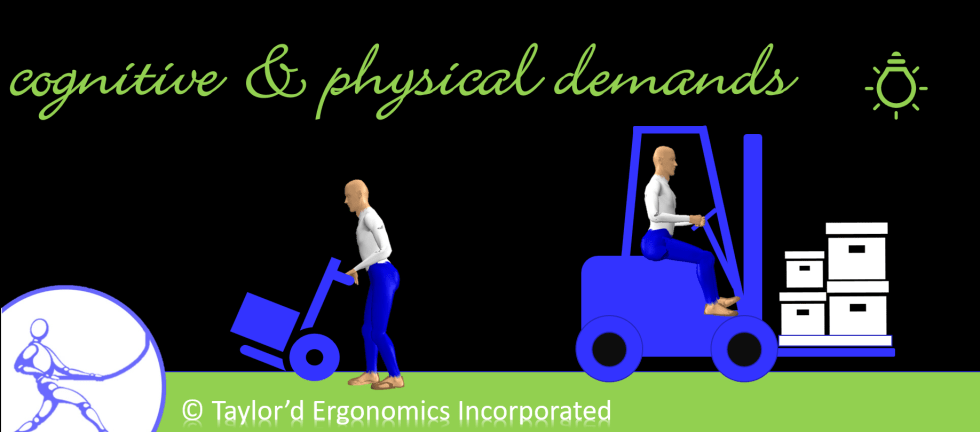Pain management, opioid use and how ergonomics could help
Many workers who suffer a strain/sprain injury need pain medication, and some of these people become addicted. Applying ergonomics in these industries, so we avoid these injuries, could be part of the solution.







